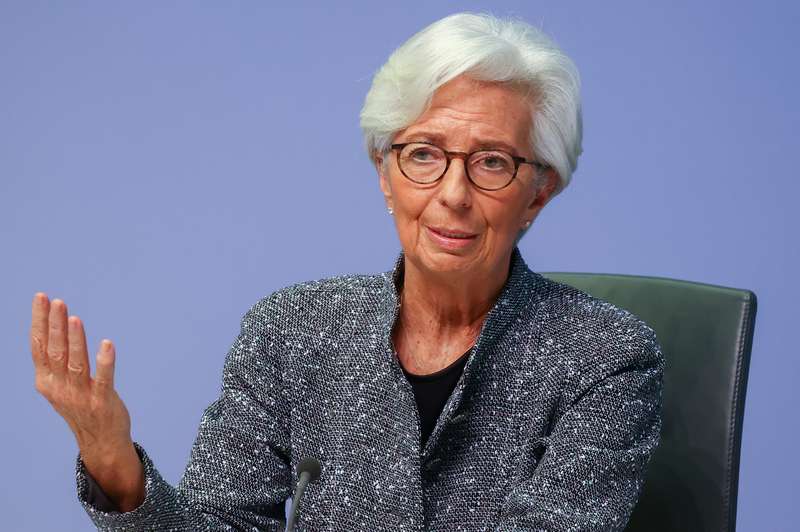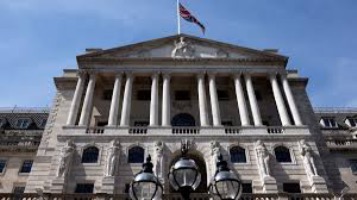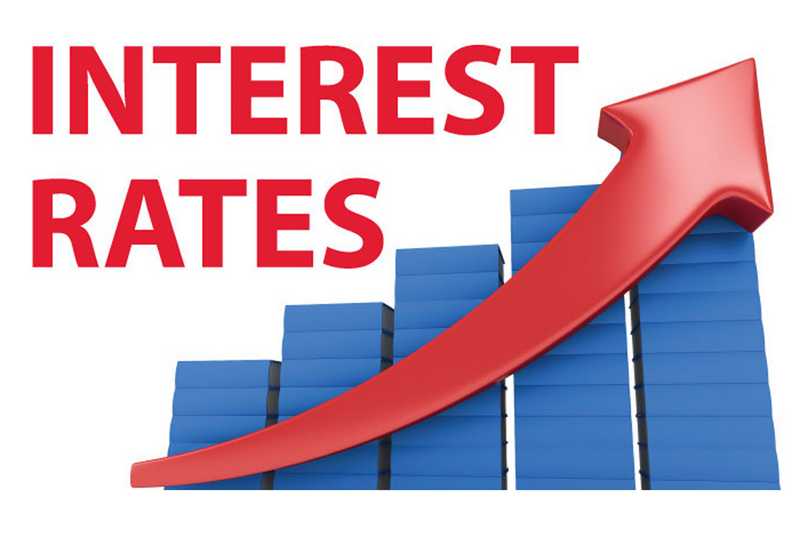
For the tenth consecutive time, the Bank of England has raised the UK’s interest rates, this time up to their highest level for 14 years at 4%, in the on-going battle to slow soaring prices. The half a percent rise will inevitably add more pressure on to households already in the grip of a cost of living crisis, but the Bank hope the move will shorten the unavoidable recession that is predicted to hit later this year.
Financial market experts expect interest rates to peak at 4.5% later this year to help drive down inflation, while other more optimistic commentators believe this could be the peak. Chancellor Jeremy Hunt promised that government decisions would play their part by ensuring that they are in lockstep with the Bank’s approach.
Fall in inflation is predicted later in year
The Bank is predicting that inflation will fall back to 8% in June before dropping further to possibly around 3% by the beginning of next year. In its assessment, the Bank suggested that Brexit, the pandemic, and the energy shock has led to a lasting hit to the economy. Also, the country’s workforce has not returned to its pre-pandemic size, with many over fifties either taking early retirements, finishing through ill-health, or changing their work perspective; plus fewer EU workers in key sectors playing a part.
In addition, business investment, the key to boosting the economy long term, remains well below pre-referendum levels, with again Brexit and the pandemic shouldering much of the blame. As bad as inflation, energy prices, and interest rates seem, the prediction is actually for the immediate shock to be milder, with all three now on a lower path than previously expected.
Governor slightly more upbeat
Sounding a cautious note of optimism, Bank of England governor Andrew Bailey said that since the November monetary policy report they had seen the first signs that inflation has turned the corner, believing that it will fall quite rapidly in the second part of this year, although he qualified that by insisting that “developments over the coming quarter will be crucial.”
He explained that the 0.5% increase up to 4% reflected the many uncertainties that currently circulate the economy, adding that the Bank will continue to monitor all the relevant data very carefully.
Chancellor’s support
The chancellor reacted in a positive manner to the decision stating that “Inflation is a stealth tax that is the biggest threat to living standards in a generation, so we support the Bank’s action, so we succeed in halving inflation this year.” He undertook to resist the urge right now to fund additional spending or tax cuts through borrowing, which he said would only add fuel to the inflation fire and prolong the pain for everyone.
PM reiterates government priority
A statement coming out of Downing Street on behalf of the prime minister described the 4% rise in interest rates as “difficult” for those with mortgages, but insisted that it supported the action taken by the Bank of England, because reducing inflation was the main priority.
It continued to back up comments made by the Chancellor, who had said that sound money and a stable economy are the best way to deliver lower mortgage rates and keep down the costs of mortgage payments; before making the point that inflation is the biggest threat to living standards in a generation. “So we support the Bank’s action today to help us succeed in halving inflation this year”, which it said required the government to stick to the difficult decisions it has taken and “avoid taking steps that would be inflationary.”
Seven out of nine in favour
The Bank’s monetary policy committee (MPC) meets eight times a year to set rates. After a series of preliminary meetings, the committee’s nine members vote on whether to increase, reduce, or hold interest rates, and it seems that on this occasion the vote was 7-2 in favour of the increase.
Trends unpredictable in coming years
Ben Broadbent, the deputy governor for monetary policy, pointed out that a few things could have contributed to the “relative weakness of the UK” including the participation of the workforce that has not returned after the Covid pandemic, as well as the UK being more dependent on gas than continental Europe.
Nevertheless, with a glass half-full approach, he stated that care needed to be taken in just looking at a “snippet of time” as there is a “reasonable amount of volatility” in short periods. “These factors are not things we will endure forever, so one should not expect this to tell us about trends over the next four or five years,” he said.
Still likely to be one more rise
Of course, one of the Bank of England’s chief responsibilities is to try to keep the cost of living stable. It has a target to keep inflation at 2%, but prices are presently five times that figure. In December, it lifted interest rates for the ninth time in a row, taking them up from 3 to 3.5%, which was the highest it had been since 2009, this followed a 0.75% rise in the previous month.
It is to be hoped that this latest increase is as high as it gets, but suspicion is that there will be one more hike before reaching the peak.





0 Comments